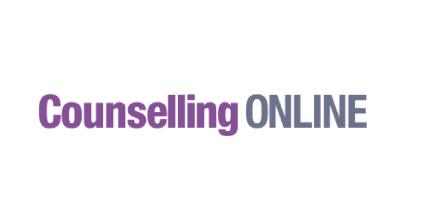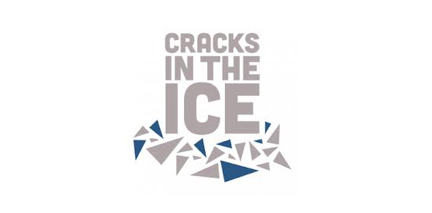Psychosocial treatment can be effective for people that use methamphetamine, however rates of engagement are often low and dropout from treatment is common. This research explores ways to increase accessibility of treatment and engagement in this group. This has included literature reviews of the use of technology-mediated psychosocial interventions in this group, and low cost strategies for increasing treatment retention. Semi-structured qualitative interviews were also conducted with 15 clinicians working in the alcohol and other drugs sector. These interviews explored retention strategies currently used by clinicians and their views on novel, low-cost retention strategies.
Findings from literature reviews and interviews with clinicians have shaped the development of a checklist of low-cost retention strategies (the Maximising Engagement and Retention Checklist). This checklist includes three categories: ‘role induction and information about recovery’, ‘collaboration and agreement between client and clinician’, and ‘ongoing engagement, reinforcement and support after termination’. The checklist was developed using an iterative process, seeking feedback from experts, clinicians and consumers and is currently undergoing pilot testing. After feasibility and acceptability testing, the checklist will be trialled in larger groups and made widely available to clinicians in the sector.
Dr Adam Rubenis, NCCRED Clinical Research Scholar
Turning Point (Eastern Health); Monash University
Dr Shalini Arunogiri, Collaborator
Turning Point (Eastern Health); Monash University
Prof Amanda Baker, Collaborator
The University of Newcastle
Dr Jennifer Nation
Turning Point (Eastern Health); Monash University
Dr Elizabeth Katz
Towson University, Maryland, USA




